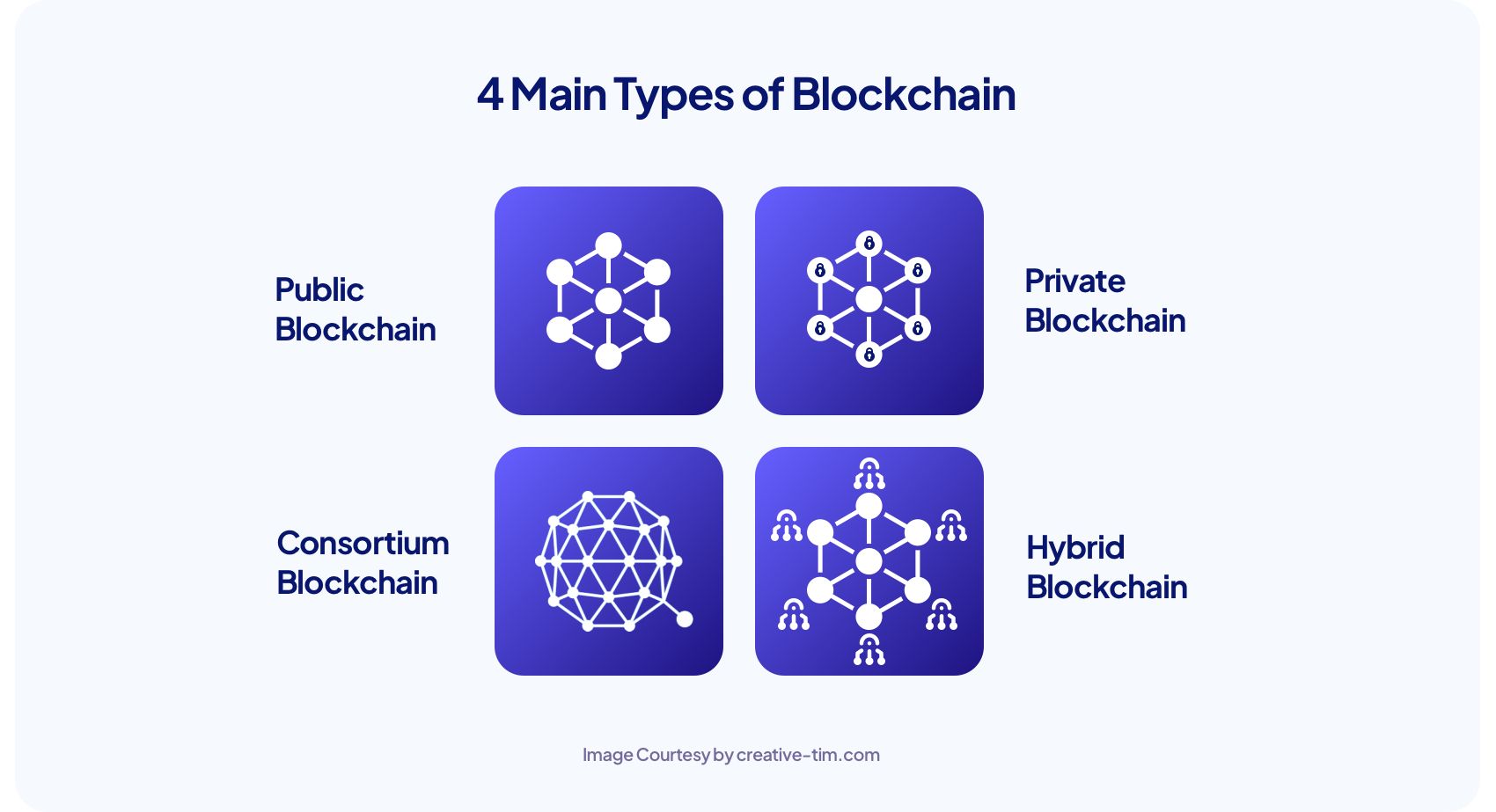With blockchain networks rapidly gaining traction in this era, it makes sense for a tech-savvy individual to know the best blockchains worth exploring in 2023.
While the popularity of blockchain networks gained momentum with the introduction of Bitcoin, many people are now shifting their focus towards faster and more energy-efficient blockchain solutions. The limitations that Bitcoin posed when it came to speed and energy consumption is slowly being improved by new blockchains, and with the advent of Web 3.0 technologies, this growth is only going to get bigger and better.
More and more organizations are now starting to experiment with blockchain technologies, with surveys revealing that the market for blockchains is expected to grow from USD 3.0 billion to USD 39.7 billion from 2020 to 2025.
In this article, we want to share some details about the types of blockchain networks, and then we will showcase 10+ best blockchain networks that you should take into consideration in 2023 if you are a Web 3.0 fan.
What are the types of blockchain networks?

A blockchain is a network used to perform decentralized transactions over a secure peer-to-peer network. Blockchains effectively improve trust among users, provide better security, reduce the cost of production, provide immutable records that cannot be altered, and improve the speed of transactions. Depending on the type of decentralization, and the people who handle the blockchain network, blockchain networks are divided into the following four types:
- Public Blockchain
Public blockchains, as the name suggests, are completely public. There are no restrictions in place, anyone with a computer and a secure internet connection can join, and no one owns it. All nodes present in the blockchain network hold a copy of all transactions that take place in the network.
Public blockchains are secure, and anonymous, have slow processing speeds, and are not accepted by governments. Ethereum and Bitcoin are examples of public blockchain networks.
- Private Blockchain
The extensive use of blockchain technology has brought about the advent of private blockchains. Private blockchains only allow selected nodes to participate in the network and offer the advantages of higher speed, better scalability, increased privacy, and balanced network performance.
However, they also pose some security risks, are a bit more centralized, and owing to the reduced number of nodes in the network, any problem with a few nodes can endanger the entire network. Hyperledger and Corda are examples of private blockchain networks.
- Hybrid Blockchain
As the name suggests, the hybrid blockchain combines the capabilities of both private and public blockchains. It is also accessible to fewer nodes than public blockchains and has dedicated nodes that verify the transaction.
The architecture of these blockchain networks is highly customizable, and it also can choose the participants and the transactions that can be made public. However, it still suffers from transparency, efficiency, and lower incentives for participation. Ripple and XRP tokens are examples of hybrid blockchains.
- Consortium Blockchain
A creative blockchain approach, consortium blockchains are also called federated blockchains, and they operate on the principle of a hybrid blockchain by allowing some parts to the private and some to be public.
Multiple organizations manage the blockchain, and a limited number of nodes verify transactions, making it faster. It becomes more decentralized with the use of many organizations as authorities, and it also offers privacy and flexibility. It also deals with issues such as vulnerability, differences in the vision of interest, and transparency. Tendermint and Multichain are the blockchain examples that operate on this technology.
Now that the distinction between the different blockchains is clear, to keep you updated with the new blockchains that are sure to rule the technological world in the coming years, here is a list of the top 10 blockchain networks to consider in 2023.


